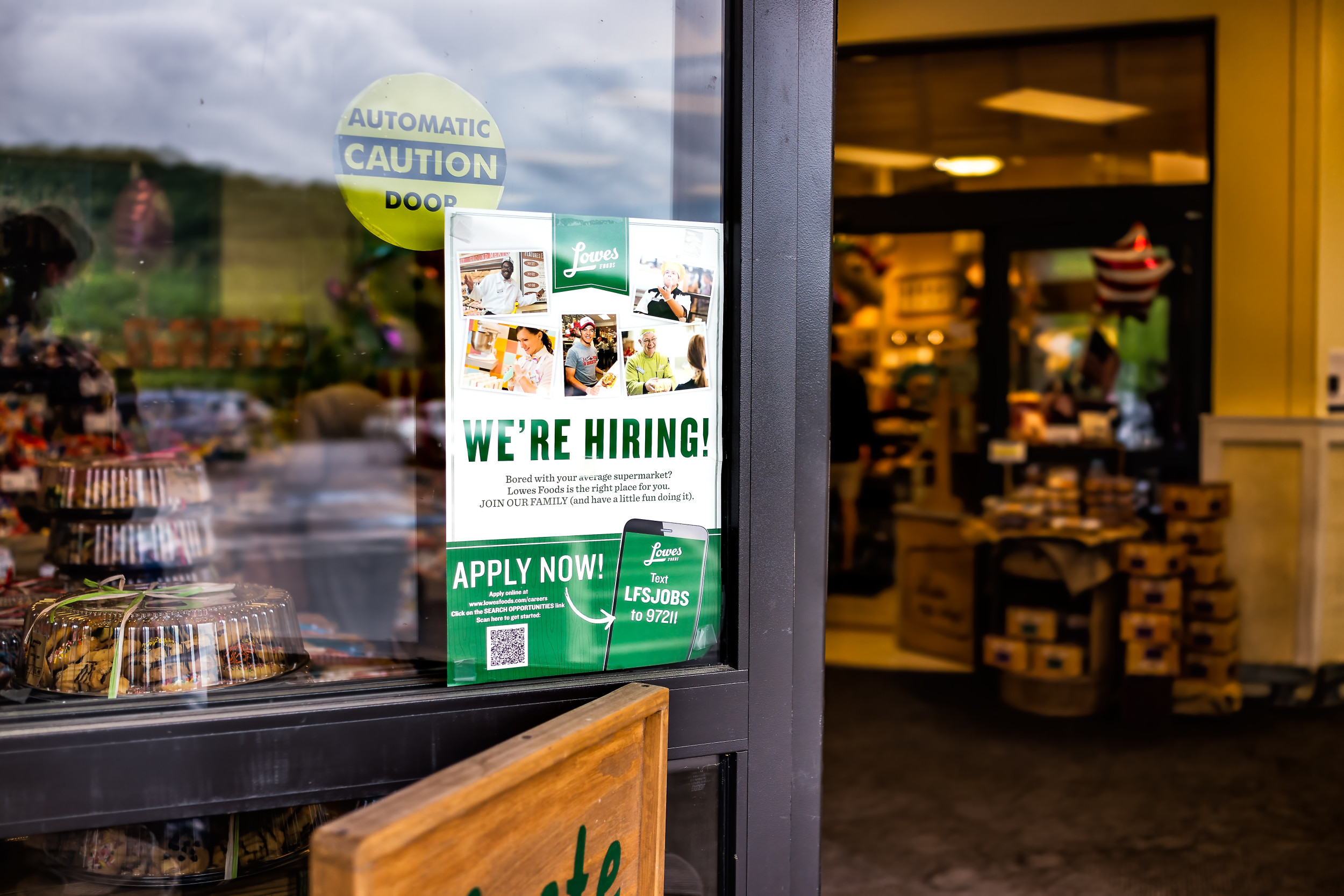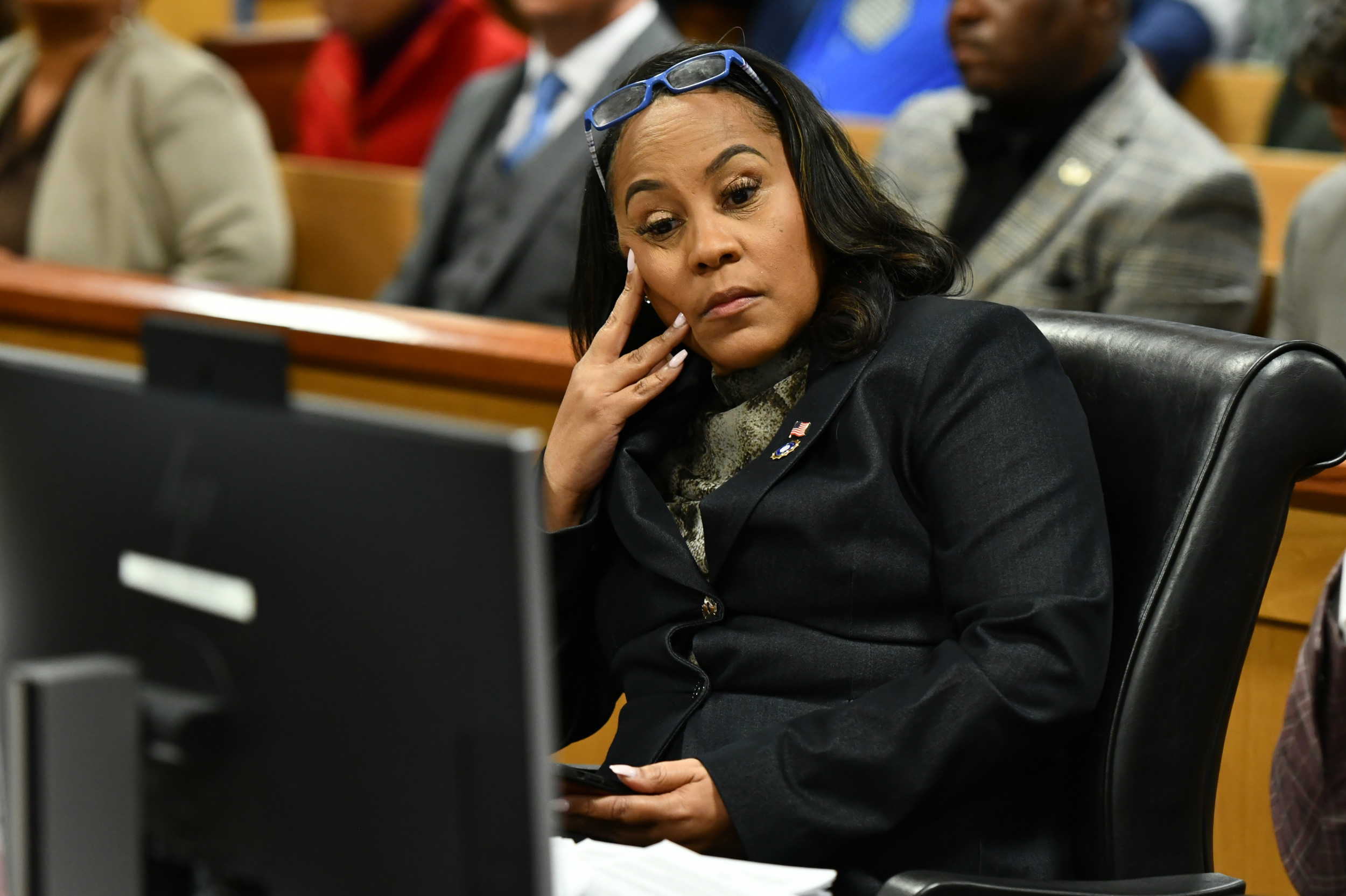Vice President Kamala Harris has gained significant momentum as construction jobs have increased in four out of five U.S. states, reflecting the current administration's strong focus on infrastructure improvements as a key policy priority.
Eighty percent of U.S. states saw an increase in construction employment from September 2023 to September 2024, according to data released by the Associated General Contractors of America (AGC).
As the 2024 election approaches, the contrasting visions of former president Donald Trump and Harris dominate the political landscape. With inflation lingering and economic growth uncertain, the economy is a pivotal issue for voters as Americans' perceptions of their financial well-being are crucial for electoral success.
To sway undecided voters, both candidates are aiming to inspire confidence and optimism about the economy, as the electorate is more likely to support candidates who can convince them that better days are ahead.
A rise in employment opportunities in construction under the Biden-Harris administration may appeal to swing voters.
Texas led the gains with a 5.1 percent increase, adding 42,300 construction jobs, followed by Florida and Ohio with 37,100 and 16,400 jobs (5.9 percent and 6.9 percent rises respectively).
Alaska recorded the highest percentage increase at 21.1 percent and 3,700 jobs, while New York experienced the largest loss, shedding 6,900 jobs (1.8 percent) in the year.

Ken Simonson, AGC's chief economist, said in a statement: "It is great that four out of five states have added construction jobs over the past year. Even more states would be seeing gains if there were enough qualified workers available to fill job openings."
Between August and September 2024, employment in the construction industry rose in 24 states and Washington, D.C., and fell in 23 states, with Minnesota, Rhode Island, and Vermont remaining unchanged. In that month, Texas saw the largest increase, adding 8,100 jobs (a 0.9 percent rise), followed by Ohio with 6,700 jobs (a 2.7 percent increase), Florida with 3,600 jobs (0.5 percent), and South Carolina with 2,900 jobs (2.4 percent).
Ohio experienced the highest percentage gain, followed by South Carolina, Nebraska (1.9 percent, adding 1,200 jobs), and Alaska (1.9 percent, adding 400 jobs).
Both presidential candidates have put affordable housing at the forefront of their campaigns, offering promises to solve the crisis.
Nearly nine out of 10 Americans say that owning a home is essential or important to their vision of the future, but only one in 10 say that this is easy to achieve, according to a The Wall Street Journal/NORC poll from July.
The connection between housing, labor shortages and migration is seen as crucial in addressing America's housing crisis.
Experts previously told Newsweek that a labor shortage was the biggest obstacle to housebuilding. Both candidates face a significant labor shortage in the construction industry, which is exacerbated by an aging workforce.
Experts suggest that immigration could help fill these labor gaps, as about 25% of construction jobs are held by immigrants, but there is a cap on 66,000 visas for skilled workers.
"The whole chain has really broken," Jenny Schuetz, a senior fellow at Brookings and the author of Fixer Upper: How to Repair America's Broken Housing Systems, told Newsweek. "There aren't enough homes altogether."
National Association of Home Builders president and CEO James Tobin previously told Newsweek "about a quarter of the jobs in construction are from across our borders." He added: "We're just not doing a good job training our domestic workforce or attracting the next generation into the trade. So, until we do a better job of that, we need to fill that gap with immigrant labor."
Jeffrey Shoaf, the AGC's chief executive officer, said in a statement: "Enabling more people to learn about construction as a career opportunity is essential for filling the openings created by the many infrastructure, power, and manufacturing projects underway."
It comes as more than half of Americans believe the economy is heading in the wrong direction, which experts say could cost Kamala Harris come election day.
Exclusive polling conducted for Newsweek found that 51 percent of voters think the economy is heading in the wrong direction, while 30 percent believe it is going in the right direction.
Sam Kuhn, economist at Appcast, previously told Newsweek: "Despite the significant drop in the inflation rate from its mid-2022 peak, many Americans feel worse off financially because the overall price level has risen substantially."





.png)














 English (US) ·
English (US) ·